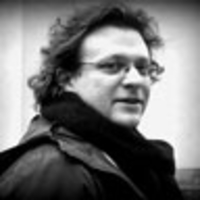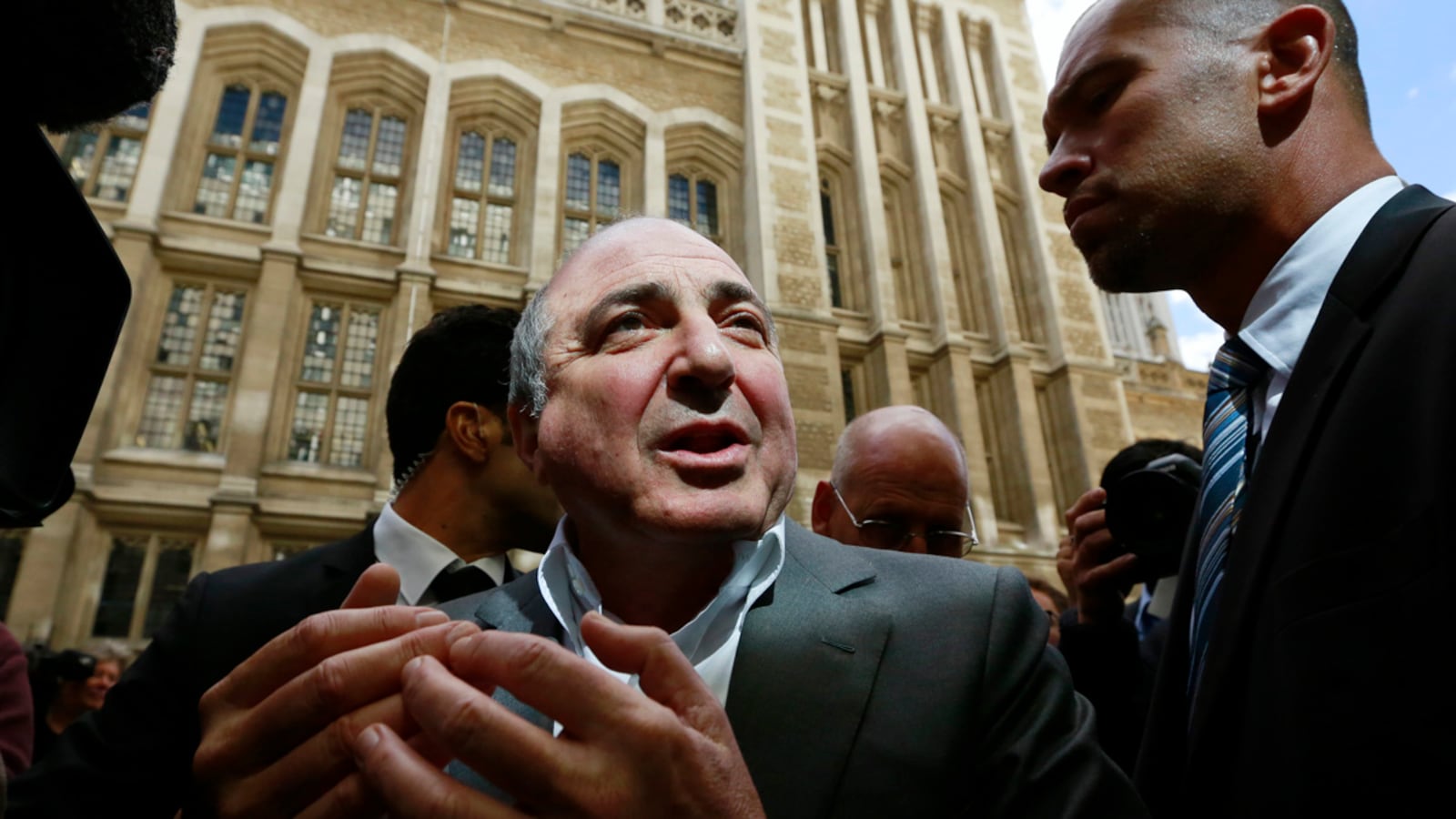“I have the impression that Putin himself wrote this judgment’ said oligarch Boris Berezovsky as he stood in front of dozens of news cameras in London this morning. An English court had just dismissed his $5.8 billion dollar lawsuit, billed as the largest private litigation case in history against fellow oligarch Roman Abramovich. “The judge is trying to rewrite history,” he pronounced.
Berezovsky, 65, whose nickname in the 1990s was “The Godfather of the Kremlin” but who now lives in exile in London, was putting a plucky face on things. His case had claimed that in 2001 his former “protégé” Abramovich, now the ninth richest man in Russia, had blackmailed him out of his share of an oil company, Sibneft, after Berezovsky had fallen out with Russian President Vladimir Putin. Berezovsky had told an almost Bond-like tale in which Abramovich, 45, had allegedly met with him in the south of France, threatening to use his influence with Putin to imprison an old friend of Berezovsky’s in Moscow. Abramovich flatly denied all charges. There was no written evidence. It was simply a case of one oligarch’s word against the others. As the judge put it: “Very few issues of law were involved: the court had to decide whether to believe Mr. Berezovsky or Mr. Abramovich.” This was a personality test, a talent show set in a courtroom, and over the many months of the trial each oligarch put on a very different type of performance.
When asked the secret of his business success at the trial Berezovsky had proudly announced, “It’s my intellectual capacity,” before pointing at Abramovich and saying: “Him, he had none.” It was the tone that summed up his testimony. He gloried in tales of his own brilliance. When accused of “fixing” a state auction for an oil company in the 1990s, he reveled in the details of how he used his influence with Yeltsin to get one rival to bid lower in return for favors, another to withdraw if he paid off his debts.

“It's not fixed, I just find the way through! In my terminology that’s not fixing,” insisted Berezovsky proudly—to much delight in the courtroom.
Abramovich, meanwhile, mumbled his answers. Shy and nervous, he gave detailed, slow explanations of his business dealings, carefully and surprisingly openly explaining how he had siphoned money away from his companies in the 1990s. It was drowsy to listen to, but in this theater this was the wisest approach: “Mr. Abramovich gave careful and thoughtful answers,” said the judge in his ruling. “I found Mr. Abramovich to be a truthful, and on the whole reliable, witness.” Those who know Abramovich well always comment on his ability to find the right tone with every person, whether it’s a liberal journalist or Putin. “Roman known how to make friends,” Yeltsin’s daughter once said of him.
And for all his self-proclaimed “intellectual capacity,” Berezovsky completely misread his audience. “Mr. Berezovsky’s evidence,” said the judge, was “exaggerated and, at times, incredible. Sometimes he was clearly making his evidence up as he went along; at other times, I gained the impression he had deluded himself into believing his own version of events.”
This was stronger language than anyone had expected from the judge. Her verdict seemed determined to undermine every iota of Berezovsky’s case. To surprise in the courtroom, she even stated there was no evidence that Putin had ever threatened Berezovsky with imprisonment when taking away an influential TV station Berezovsky owned. The general perception among experts is that this piece of Berezovsky’s story is true. And it was this piece of the verdict that Berezovsky seized on as he performed to the cameras after the verdict.
“I felt like I was in the Basmanny court,” he said, referring to the famously corrupt Moscow court. “Everyone known Putin wanted to take control of mass media!”
It may just be a straw—but Berezovsky is clinging onto it






